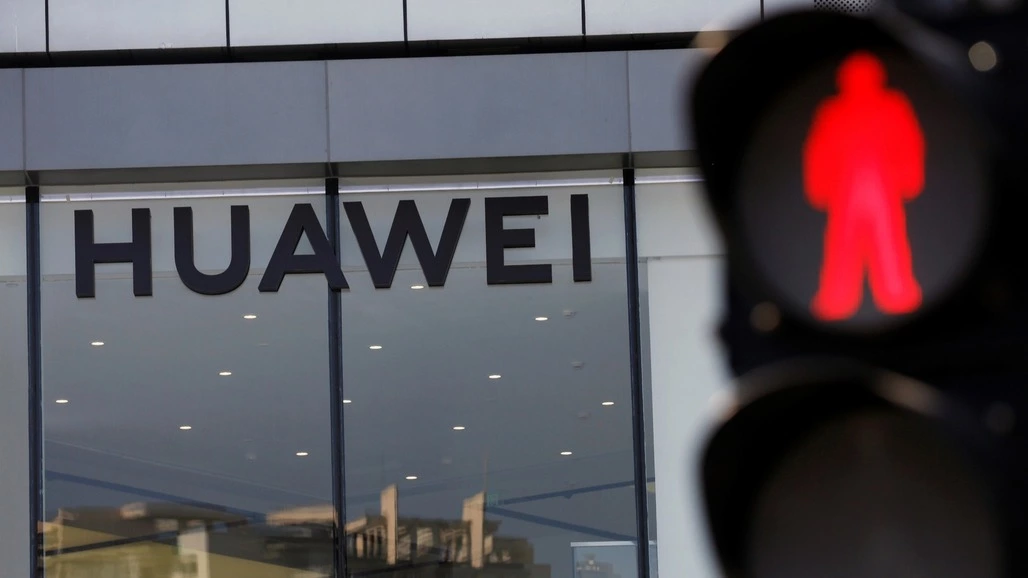Huawei Technologies Co. has created software tools capable of designing chips as advanced as 14 nanometers, promoting efforts to support Chinese firms evading US sanctions and replacing American technology.
The telecom leader’s in-house teams worked with domestic members to create tools needed for designing chips assumed a few generations behind advanced, Rotating Chairman Eric Xu said. It designs to verify the products — known as electronic design automation or EDA software — this year, Xu added.
Huawei is among a coterie of Chinese hardware technology providers performing furiously to replace sanctioned US components and software from AI chips to EDA tools. and Synopsys Inc. Chinese chip software creator Empyrean Technology Co. climbed as much as 7% in Shanghai on Monday after saying it has built solid commercial ties with major local chip designers and makers.
“We have realized the purpose of creating indigenous tools for creating chips as advanced as 14-nanometer,” Xu said during a company event on Feb. 28, according to a transcript of his speech circulated on social media and confirmed by a Huawei representative. Huawei has created 78 tools over the past three years to replace foreign products, he said.
Chinese President Xi Jinping has often stressed the significance of creating a self-sufficient supply chain, especially on the semiconductor front, as the US has continued to narrow China’s access to vital foreign technologies.
14nm is about four generations behind the latest commercially available products but is already the second-best technology in China. Semiconductor Manufacturing International Corp. is capable of creating 7nm chips.
Huawei slowly lost access to a large number of chips and the latest semiconductor design tools after the Trump administration blacklisted the company in 2019, quoting national security crises. Those sanctions helped torpedo Huawei’s smartphone business, once the world’s largest.
To build its chip design tools, Huawei looked to hire scores of seasoned engineers to accomplish breakthroughs in core technologies, Bloomberg News reported last year.
While Huawei can purchase mature semiconductors from the likes of Qualcomm Inc., the firm can’t place orders with contract chip manufacturers like Taiwan Semiconductor Manufacturing Co. directly.
Existing US regulations prohibit chipmakers from using any US technology to create new semiconductors for Huawei without a license. That means even leading Chinese foundries including SMIC and Hua Hong Semiconductor Ltd. cannot provide Huawei as they still use American production equipment.




